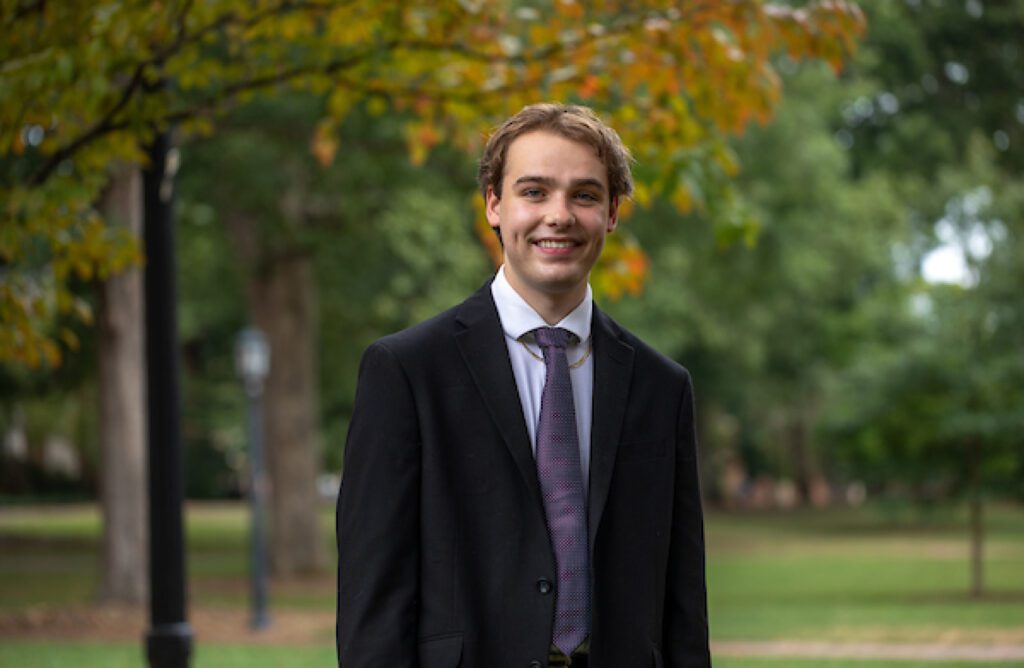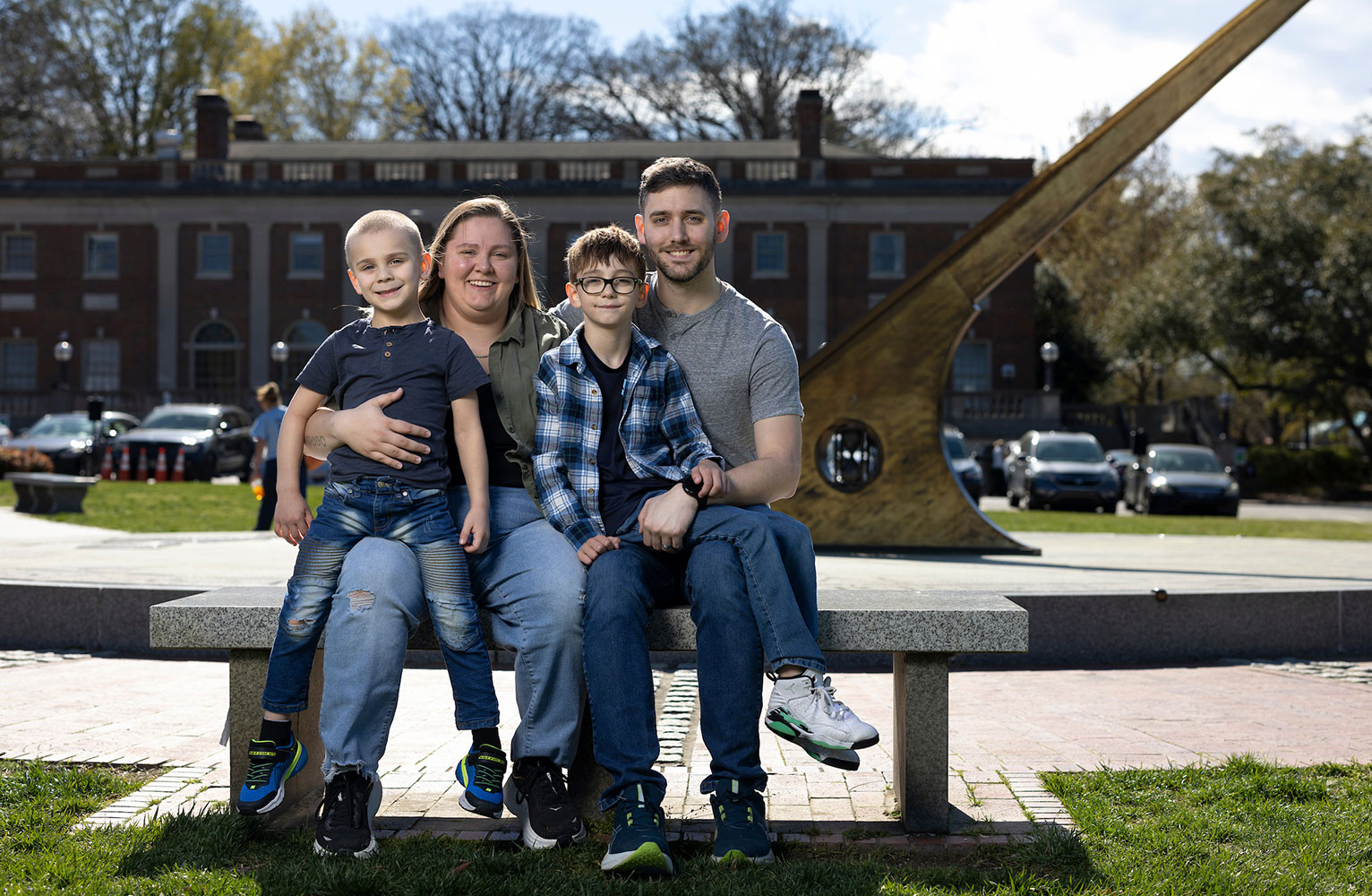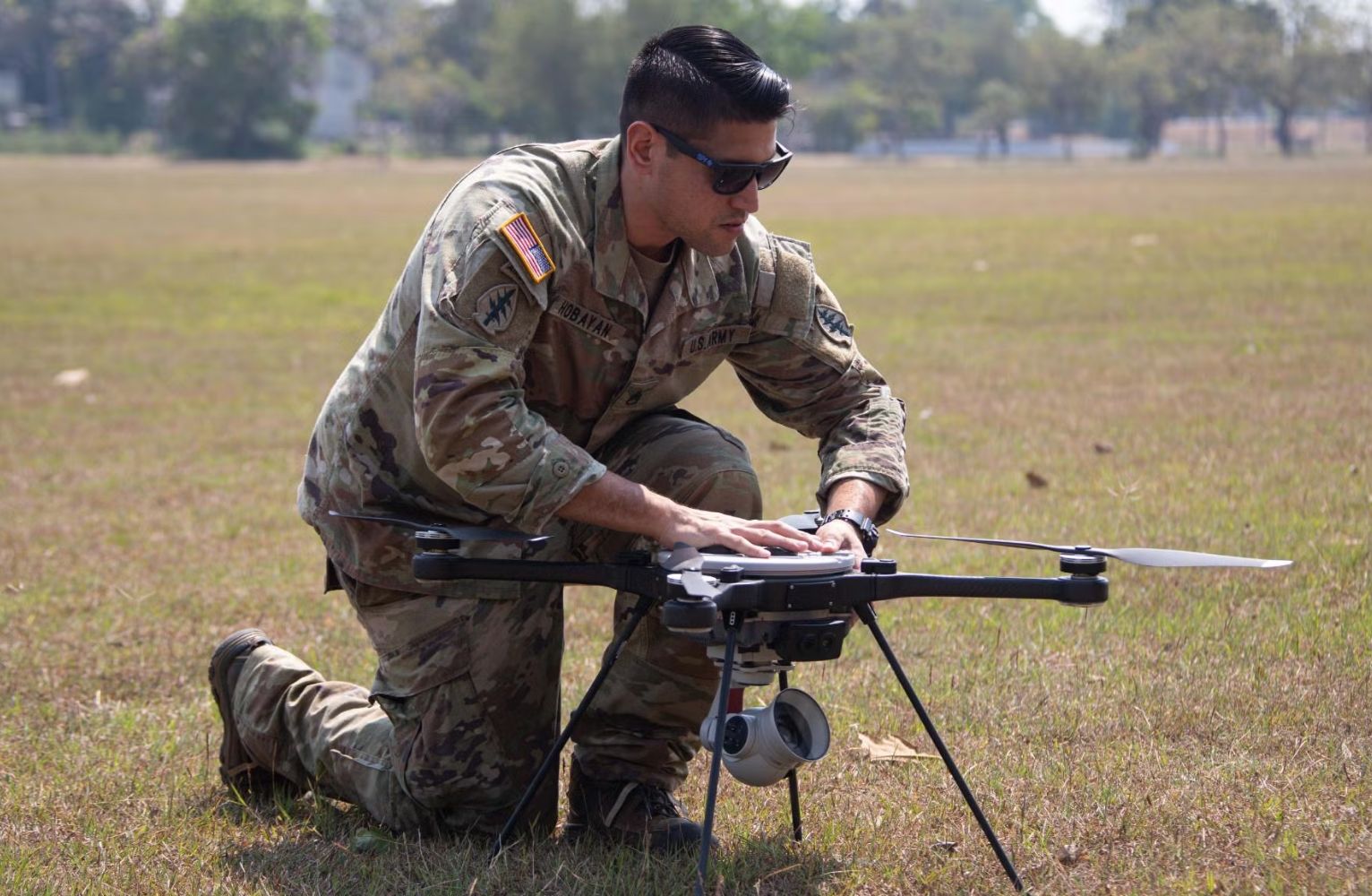
By Terzah Dyer
Osman Mustafic ’24 gained many insights during his four years at Carolina. His journey was filled with ups and downs, discoveries, growth and unforgettable experiences that continue to have a lasting impact on him and the way he navigates the world.
Mustafic reflected on his life before Carolina and how his childhood impacted where he is today: “I was driven by a profound purpose — to impart digital literacy to my parents. I didn’t realize it back then, but I realize now that this journey began a long time ago, long before I became a college student and well before I stumbled upon a major that felt just right for me.”
Growing up, Mustafic’s world revolved around his family’s trucking business. He remembered how his parents, who were immigrants, were “old-school” when it came to technology, preferring paper records to digital ones, believing them to be more reliable. Over time, he watched his family business operate during an era when the digital revolution was just beginning. Their journey into the digital realm would later serve as a powerful example for Mustafic of technology’s transformative potential.
As the 2010s brought a wave of technological advancements, particularly in e-commerce and transportation, the industries closely connected to the family business, his parents realized they needed to embrace technology to remain competitive.
As technology’s role in the family business evolved, so did Mustafic’s, but his aspirations extended beyond helping manage the company. During this time, he realized that technology can be a very powerful tool, which eventually helped push him toward deciding to get his degree in information science.
By the time he arrived at Carolina, the world was shaped by data and technology more than ever before. Mustafic discovered through this new era and his coursework how important information science would be in navigating the vast data landscape.
“These experiences propelled me toward bridging the chasm between technology and people, much as I had done for my parents,” he said.
Along the way, he decided his life goal would be to use his information science degree, in tandem with his political science degree, to bridge gaps and promote inclusivity in technology.
“Political science educates us on how governance structures and policies affect individuals and communities,” Mustafic said. “Information science complements this endeavor by equipping us with the tools to empower individuals, design inclusive technology, safeguard data privacy and foster cultural understanding.”
One core memory that helped him understand this is when his information science associate professor, Mohammad Hossein Jarrahi, wrote the phrase “socio-technical” on the whiteboard and circled the hyphen. He told the class, “This embodies your work.”
“In that instant, I grasped the significance of technology — it’s not just about machines and algorithms; it’s about comprehending how it serves and empowers people,” Mustafic said. “Just as my journey in information science taught me that technology is at its most meaningful when it serves people, our connections with each other are at their most meaningful when we come together as a community.”
Related Stories




